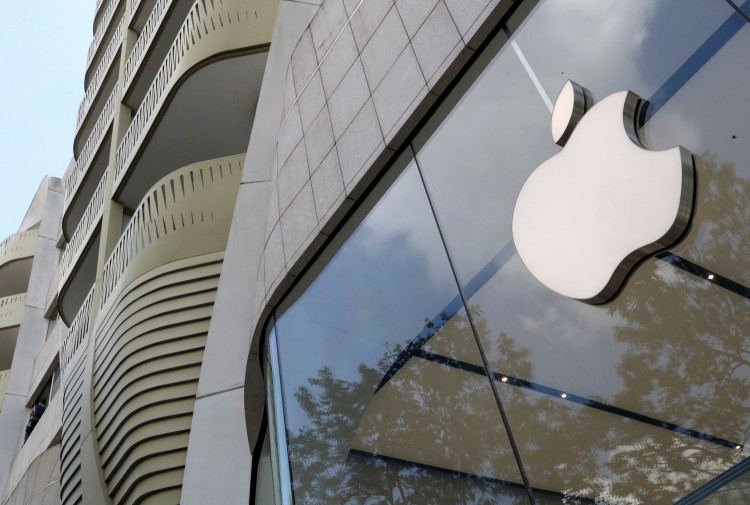Apple Inc. (NASDAQ: AAPL) is intensifying its efforts to enforce its App Store commission policies on major Chinese tech companies Tencent Holdings Ltd. (OTCPK: TCEHY) and ByteDance Ltd. (BDNCE). The tech giant has reportedly pressured both companies to close loopholes in their popular apps that allow users to bypass Apple's 30% commission on in-app purchases.
According to a Bloomberg report, Apple has specifically targeted Tencent's WeChat and ByteDance's Douyin, demanding that the companies prevent in-app creators from using external payment systems. Apple has warned that failure to comply will result in the rejection of essential app updates. This move marks a significant escalation in Apple's enforcement of its App Store rules, which have come under increasing scrutiny from regulators around the world.
The push against Tencent and ByteDance comes as Apple faces legal challenges in several regions, including the United States, Europe, Japan, and South Korea. In May, Apple threatened to block updates to WeChat unless Tencent disabled an in-game messaging feature used to share payment links. Similarly, Apple told ByteDance in June that updates to Douyin would not be accepted unless the app addressed similar issues.
An Apple spokesperson emphasized the company's guidelines, stating that all digital goods sold within apps must go through Apple's payment system. "Our review team may reject app submissions that violate this policy," the spokesperson added.
In China, Apple has found a more sympathetic environment for its policies against external payments. A Chinese court recently dismissed a case against Apple's commission fees, ruling that the company had not abused its market position despite dominating the App Store. This contrasts sharply with the regulatory challenges Apple faces elsewhere. In the United States, the Department of Justice has filed a landmark antitrust case against Apple, alleging violations of the Sherman Act due to its restrictive practices.
Europe has also posed significant challenges, with Apple making substantial changes to its iOS, Safari, and App Store offerings to comply with the Digital Markets Act. The EU has accused Apple of limiting competition through its App Store policies, with potential fines for non-compliance reaching up to 10% of Apple's global revenue.
Apple's aggressive actions in China could strain its relationships with key local players, especially as its business practices face global scrutiny. Despite these tensions, Apple remains confident about its long-term prospects in China. During a recent earnings call, CEO Tim Cook highlighted that while sales in Greater China declined by 6.5%, the decrease was less significant at less than 3% on a constant currency basis. Cook also noted record levels of iPhone installations and upgrades in Mainland China.
The company's third-quarter earnings report exceeded expectations, demonstrating strong performance across various product categories. However, concerns over Apple's China and Services performance, as well as Mac revenue, caused a slight dip in its stock. Apple's shares closed at $218.36 on Thursday, marking a 1.68% decline. Pre-market trading saw a further slight drop of 0.16%.
Despite the recent stock performance, Apple has returned over $32 billion to shareholders in the third quarter of fiscal year 2024, continuing its robust capital return program. This financial resilience underscores Apple's ability to navigate the complex regulatory landscapes while maintaining investor confidence.
Apple's insistence on maintaining its 30% App Store commission has drawn ire from developers and regulators alike. The company argues that this fee supports the maintenance and security of the App Store ecosystem. Critics, however, contend that the commission is excessive and stifles competition.
Tencent and ByteDance, facing Apple's stringent demands, must balance compliance with maintaining user experience. Tencent has reportedly resisted Apple's request to disable in-game chats, arguing that it would negatively impact the gaming experience.






